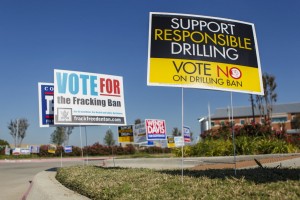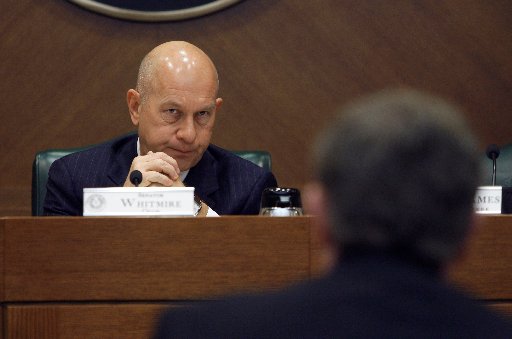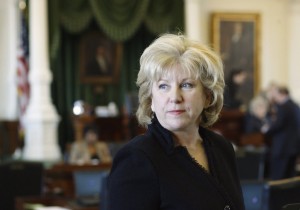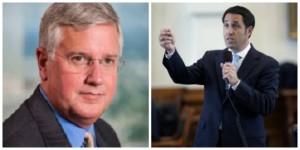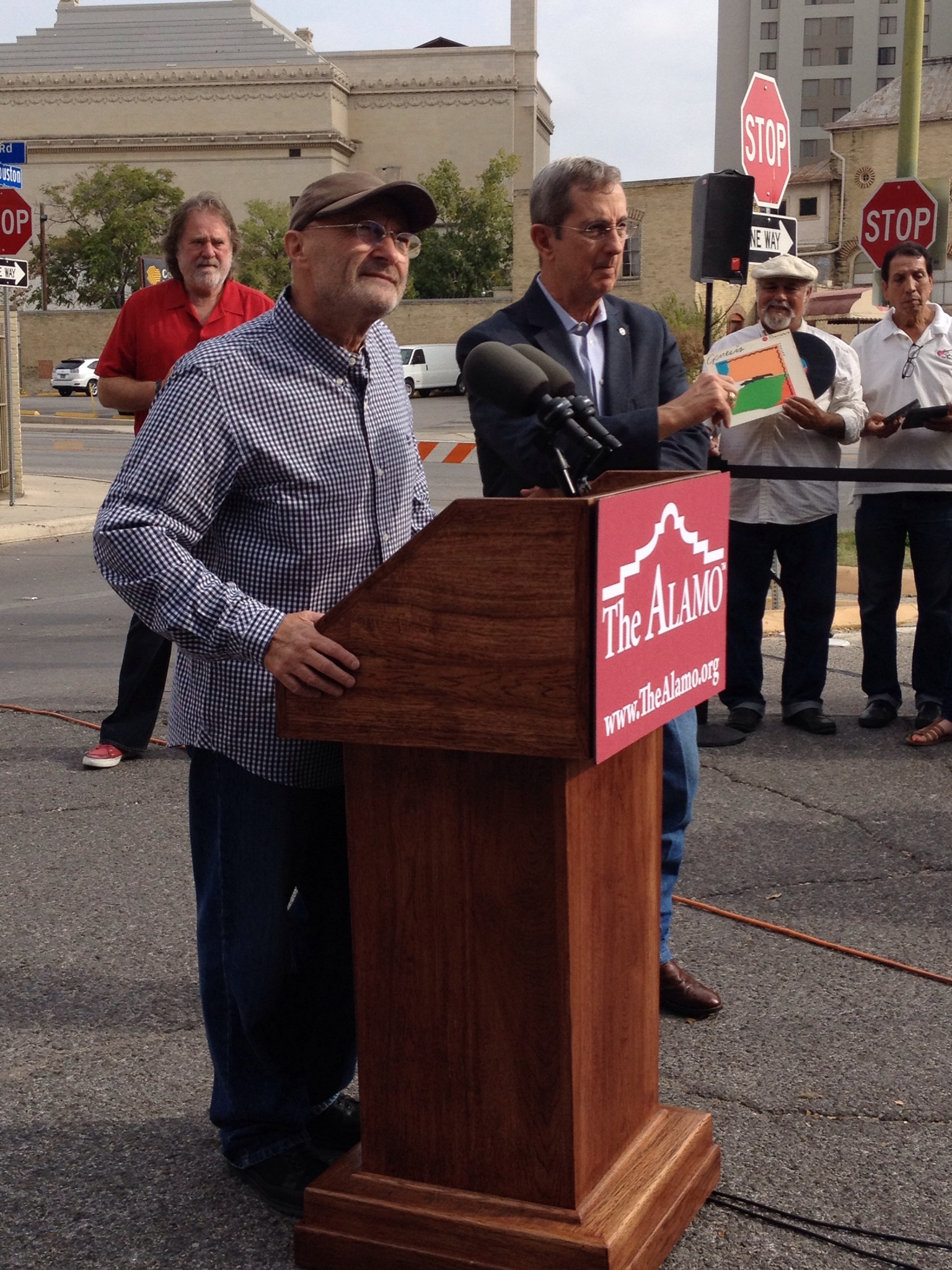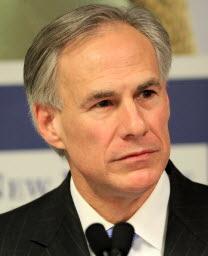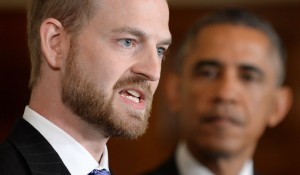
Medical professionals in Liberia, Sierra Leone and Guinea "have fought with valiant effort against this menace," Dr. Kent Brantly said, but more are "desperately needed." (Olivier Douliery/Abaca Press)
updated with comments from NJ Gov. Chris Christie
WASHINGTON – Dr. Kent Brantly, the Fort Worth doctor who became the first American to contract Ebola in treating patients in West Africa, starred at a White House event meant to put a spotlight on the need for health care workers to volunteer to fight the outbreak.
The medical professionals of the three nations battling Ebola – Liberia, Sierra Leone and Guinea – “have fought with valiant effort against this menace,” Brantly said, introducing President Obama. “More medical professional are desperately needed.”
Obama warned that the United States “can’t hermetically seal ourselves off” from the rest of the world. He urged the public and state leaders to set aside fear — a term he invoked four times in 15 minutes, in pointed remarks aimed at displaying displeasure with state-level efforts to quarantine nurses and doctors returning from the Ebola hot zone.
“If we’re discouraging our health care workers who are prepared to make these sacrifices … then we’re not doing our job” in terms of protecting Americans, Obama asserted. “What we need right now is these shock troops who are out there leading globally. We can’t discourage that. We’ve got to encourage it and applaud it.”
Behind the scenes, the White House pressured governors in New Jersey and New York to ease policies regarding returning health care workers.
Several hundred guests filled seats in the ornate East Room of the White House.
Obama warned against reacting to fear, hysteria or misinformation. One reason the world looks to America, he said, is because of its cool- headed response to a crisis.
The president was flanked by doctors and other health workers, many in white lab coats.
Brantly’s wife, Amber, sat in the front row, and Obama joked that her husband had gained some weight since the last time he was at the White House more than a month ago, shortly after recovering from his own bout with Ebola.
“Each of you studied medicine because you wanted to save lives. The world needs you more than ever,” the president said.
The health care workers serving in Africa, Obama said, are a “shining example” to the world. And he vowed that with ongoing efforts, international efforts will “contain and ultimately snuff out this outbreak of Ebola.”
“I know that with all the headlines and all the news, that people are scared. … But the reason I’m so proud of this country is because when there are times for us to step up and do the right thing, we do the right thing,” Obama said,
With indirect language, he needled and mocked critics — including many political conservatives — who speak of “exceptionalism” but then promote policies such as travel bans and quarantines. These, he said, amount, to pretending the problem will go away.
“When I hear people talking about American leadership, and then are promoting policies that would avoid leadership and have us running in the opposite direction and hiding under the covers, it makes me a little frustrated,” he said.
In New Jersey, Gov. Chris Christie, head of the Republican Governors Association and a possible 2016 White House contender, blasted Obama for issuing “lectures.”
He called it “common sense” to isolate health workers returning from working with Ebola patients in West Africa for the full 21-day incubation period.
“This is our policy. It will be our policy as long as this crisis is going on,” he told reporters. “I don’t know when the White House is going to get around to admitting that and not giving us seven-minute lectures from the South Lawn.”
And he took issue with the idea that quarantines will discourage volunteers.
“It’s part of the sacrifice. I’m sure none of these folks want to come home and get anybody else sick… Folks should understand. Part of the sacrifice is going over there and the remainder of the sacrifice is when you come home,” remaining quarantined for three weeks, Christie said.
Brantly is medical missions director for Samaritan’s Purse. He contracted Ebola while working in Liberia, and was the first person treated for Ebola in the United States. He has donated blood plasma to other patients since being cured at Emory University Hospital.
The group behind the president included doctors and others who either have worked against Ebola in West Africa or plan to travel there soon. Doctors and nurses who treated Dallas nurse Nina Pham at NIH were also on stage and in the audience, along with healthcare workers from a variety of nonprofit groups and others.
The president’s new “Ebola czar,” Ron Klain, was on hand, along with a Dr. Anthony Fauci of the National Institutes of Health and a number of top White House aides, including homeland security adviser Lisa Monaco, Health and Human Services Secretary Sylvia Burwell and National Security Adviser Susan Rice.

 Republican Susan Hawk is dramatically outspending incumbent Democrat Craig Watkins as the race for Dallas County district attorney enters its final weekend.
Republican Susan Hawk is dramatically outspending incumbent Democrat Craig Watkins as the race for Dallas County district attorney enters its final weekend.

